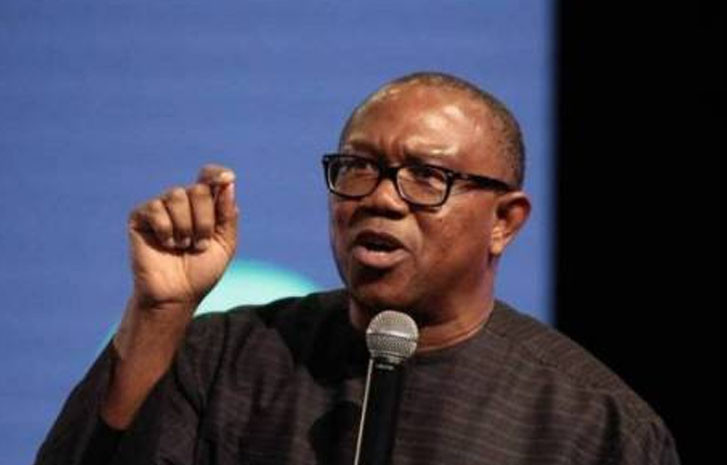The Tragic Mistake of the June 12 Annulment: A Turning Point in Nigeria’s Democracy.
The annulment of the June 12, 1993, presidential election in Nigeria is considered a tragic mistake and a pivotal moment in the country’s history. This event, which shook the foundations of democracy in Nigeria, has left a lasting impact on the nation’s political landscape.
In this article, we will delve into the background of the June 12 election, discuss the annulment, its consequences, and shed light on its significance for Nigeria’s democracy.
June 12 : The Background:
The June 12, 1993, election was widely regarded as one of the freest and fairest in Nigeria’s history. The election was held to choose a successor to President Ibrahim Babangida, who had been ruling the country since 1985. Chief Moshood Abiola, a wealthy businessman and philanthropist, ran under the Social Democratic Party (SDP) and was widely popular across the country, transcending regional and ethnic divides. His opponent, Bashir Tofa, ran under the National Republican Convention (NRC).
The Election and Annulment:
On June 12, 1993, millions of Nigerians turned out to cast their votes in what promised to be a historic election. The preliminary results indicated a landslide victory for Chief Moshood Abiola, with support from across the country, including in regions that were historically divided. However, before the official announcement of the results, President Babangida abruptly annulled the election on June 23, 1993, citing irregularities and the need for a fresh electoral process.
Consequences and Fallout:
The annulment of the June 12 election sparked widespread protests, particularly in the southwestern part of Nigeria, where Chief Abiola hailed from. Citizens were outraged by the annulment, viewing it as an assault on democracy and the will of the people. The protests were met with a heavy-handed response from the military regime, resulting in loss of lives, injuries, and widespread human rights abuses.
The political crisis that ensued led to a protracted period of instability in Nigeria. General Sani Abacha, who took power after Babangida, clamped down on dissent, imprisoning Chief Abiola and other pro-democracy activists. Abiola’s incarceration lasted until his untimely death in 1998, under suspicious circumstances while still in detention.
Legacy and Significance:
The annulment of the June 12 election left an indelible mark on Nigeria’s political history. It shattered the hopes and aspirations of millions of Nigerians who believed that the country was on the path to a new era of democratic governance. The tragedy of June 12 served as a wake-up call for Nigerians, highlighting the need for a sustained struggle for democracy, justice, and good governance.
The struggle for the actualization of the June 12 mandate continued even after Abacha’s death, and it ultimately led to the restoration of democracy in Nigeria in 1999. Olusegun Obasanjo, a former military leader, emerged as the country’s first civilian president in the Fourth Republic. In recognition of the significance of the June 12 election, former President Muhammadu declared June 12 as Democracy Day in 2018, replacing May 29, the date previously marked as Democracy Day.
He conferred posthumously the highest honour in the land and one usually conferred on Presidents or former Presidents, Grand Commander of the Federal Republic (GCFR), on the presumed winner of the June 12, 1993 presidential election. Earlier, former President Goodluck Jonathan had tried to immortalise Abiola by renaming the University of Lagos (UNILAG) after him but the move was resisted by the UNILAG alumni, forcing Jonathan to beat a retreat.
Conclusion
The annulment of the June 12, 1993, election remains a tragic mistake in Nigeria’s history. It deprived the nation of a legitimate leader and plunged the country into a political crisis. However, the resilience of Nigerians and their unwavering commitment to democracy eventually triumphed, leading to the restoration of democratic governance.
The memory of Annulment serves as a reminder of the importance of protecting democratic principles, upholding the rule of law, and ensuring that the will of the people is respected.
The tragic mistake of the June 12 annulment has become a catalyst for change, inspiring Nigerians to demand transparency, accountability, and good governance from their leaders. As Nigeria continues on its democratic journey, it is crucial to remember the lessons of June 12 and work towards a future where the voices of the people are heard and their votes truly count. Only then can the nation truly move forward and build a stronger, more inclusive, and prosperous society for all its citizens.








